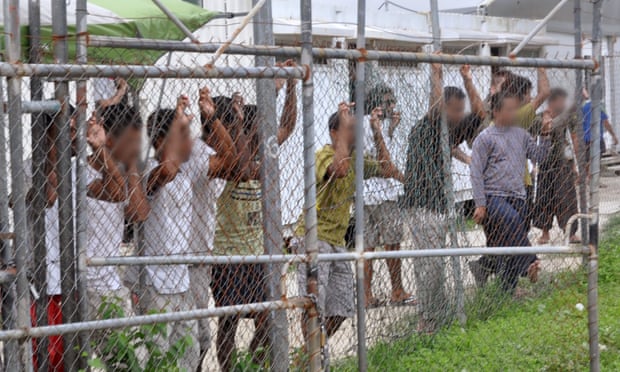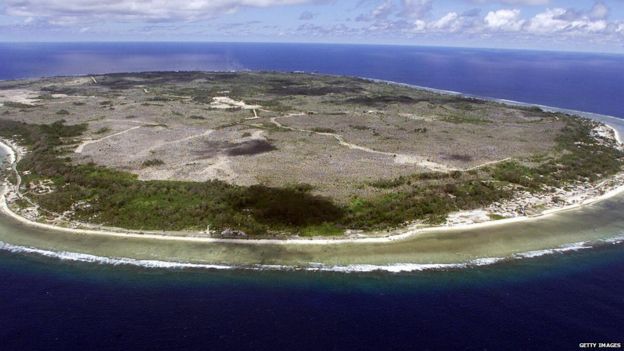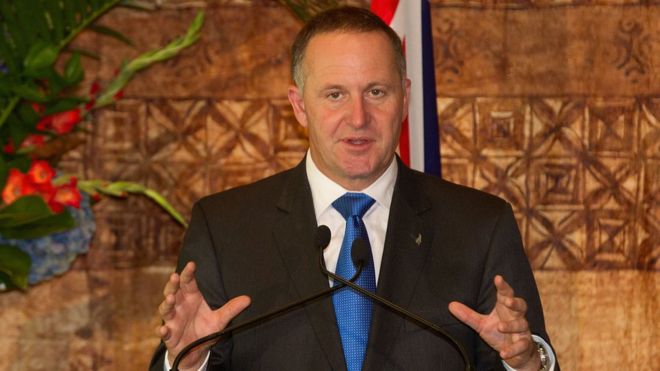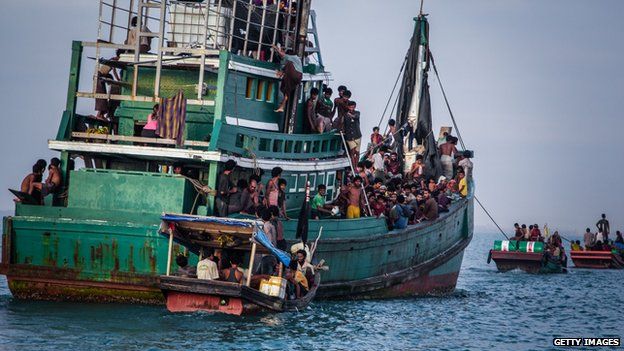By Samuel Miller
Impunity Watch Reporter, North America and Oceania
PORT MORESBY, Papua New Guinea — Australia, which has been criticized for its policy of sending asylum seekers to offshore detention centers, has said the Pacific nation of Papua New Guinea would begin resettling refugees who are now being held in camps there. The statement did not indicate how many refugees were expected to be resettled in Papua New Guinea, nor did an earlier statement from that country’s foreign minister.

Australia made a 2013 deal to provide Papua New Guinea with aid if it agreed to house a detention center and resettle refugees.
Immigration Minister Peter Dutton welcomed the announcement, saying he would be meeting with the Papua New Guinea government next week to examine the details.
“Consistent with the Regional Resettlement Arrangement (RRA), persons transferred to Papua New Guinea who are found to be refugees will be resettled in Papua New Guinea. No-one will be resettled in Australia,” Mr. Dutton said in a statement. “The Papua New Guinea government has shown its commitment to permit those found to be refugees to get on with their lives and have a fresh start in this dynamic nation with a growing economy.”
Australia’s policies toward migrants who try to reach it by sea have come under increasing criticism from rights groups. The groups say the country’s two offshore detention centers — one on Manus Island in Papua New Guinea, and the other in Nauru — expose asylum seekers to harsh and unsafe conditions.
Papua New Guinea, which Australia says suffers from a general atmosphere of lawlessness, has not resettled anyone in the three years it has hosted the center and it says those who are resettled will face waits of up to eight years before obtaining citizenship.
Refugees will be eligible to apply for citizenship after eight years, but they may be able to bring their families to Papua New Guinea before then, after they have a job and have established themselves.
No refugees will be settled on Manus, only in other parts of Papua New Guinea. It is understood the vast majority are likely to end up in the capital, and economic hub, Port Moresby.
Advocates have said that conditions could prove difficult for refugees in Papua New Guinea, which has one of the world’s highest crime rates. The capital, Port Moresby, has high unemployment and is often ranked in surveys as one of the world’s least livable cities.
Indeed, many of those held in detention have said they will not accede to resettlement elsewhere in Papua New Guinea. Several dozen have already refused to present their refugee claims to officials.
“I will stay inside the detention center for the rest of my life rather than go to Papua New Guinea,” one refugee told Guardian Australia. “I never ever dream I could have a future in this inferno. Hundreds here, they feel same way like me.”
No refugee transferred to Papua New Guinea by Australia has of yet been resettled in the country.
For more information, please see:
ABC Online — PNG to begin resettling Manus Island refugees – 23 October 2015
BBC News — PNG to resettle Manus Island refugees, Australia says – 23 October 2015
NY Times — Papua New Guinea to Resettle Refugees From Australian Detention Center – 23 October 2015



